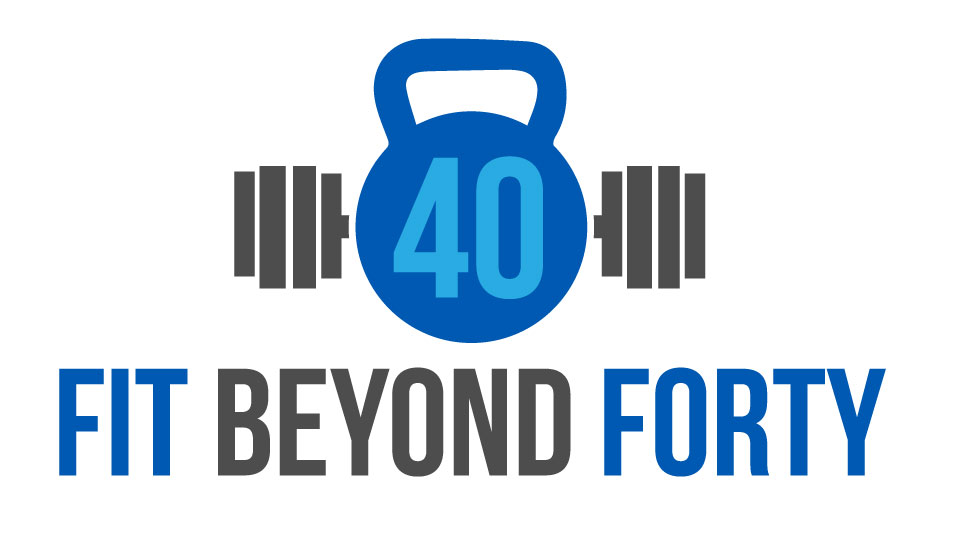In the movie, It’s a Wonderful Life, an older man on the porch castigates a young Jimmy Stewart, “Youth is wasted on the wrong people.” His complaint aims not only at Jimmy Stewart, whose physical vigor exceeds his life experience, but at himself, whose life experience exceeds his physical vigor. He feels his mind and body slowing down.
Some of us relate to the old man on the porch. Sure, we can’t stop getting older, but we can slow down our mind’s decline. A growing body of research points to exercise as key to keeping our mind sharp as we age.
Perhaps the greatest fear of the Boomer generation is being afflicted with Alzheimer’s. In a study published in the journal BMC Public Health, researchers reviewed 150 research articles examining the impact of physical activity on Alzheimer’s. They concluded that physically active older people were significantly less likely to develop the disease compared to people who were inactive.
Of course, there’s more to brain health than avoiding Alzheimer’s. In a study published in the journal Cortex, researchers assessed the heart and lung fitness of older adults (aged 55 to 74) by testing their ability to remember the names of strangers in a photo. MRI scans recorded images of their brain activity as they learned the names. Older adults with high levels of heart and lung fitness did better on the test and showed more brain activity when learning new names than those of peers with lower levels of heart and lung fitness.
In a study published in the Journal of the American Geriatric Society, researchers looked at the connection between weight-training and brain function. Researchers had 100 people aged 55 to 86, all with mild memory and thinking problems, train with weights twice a week for six months. Participants showed significant improvement in mental function, which lasted for more than a year.
So take heart. No matter your age or state of health, it’s never too late to exercise. The best exercise is the one you’ll do. If you love to walk, lace up your shoes. If dancing’s your thing, cut a rug. Like to golf? Bring your A game. You can tend your garden or renew your gym membership. The possibilities are endless. Whatever you do, aim to meet the American Heart Association’s recommendation of at least 150 minutes a week of moderate exercise or 75 minutes per week of vigorous exercise, or a combination.
Young people shouldn’t get a monopoly on the vigor of youth. They just waste it. You can be young in mind and body by making exercise part of your daily routine. Figure out what kind of movement you enjoy most and go for it!





